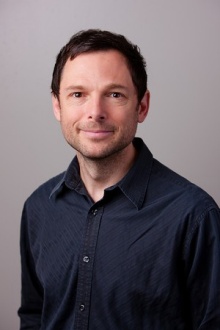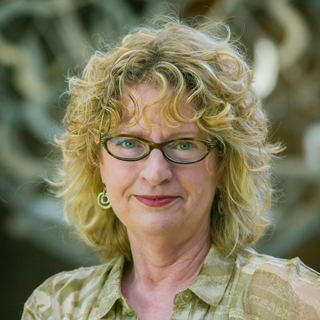Nancy Tomes (Stony Brook University) and David Herzberg (University at Buffalo, SUNY)
Consortium for History of Science, Technology & Medicine and the College of Physicians of Philadelphia
Thursday, October 11, 2018, 10:30 pm EDT
19 South 22nd Street Philadelphia, PA 19103
Shopping for Health: Medicine and Markets in America
Why do we refer to patients as "consumers" in the United States? Is today’s opioid crisis the result of medical consumerism run amok—of pills hawked like soap to gullible shoppers? Is picking a doctor really like choosing a new car? Join us to discuss when and why patients started to be called "consumers," and to examine the positive and negative aspects of 20th c. medical "consumerism." We will explore a century of efforts to deliver pharmaceutical relief through properly calibrated markets, and evaluate the risks (and often-misunderstood benefits) of governing addictive drugs as consumer goods.
 David Herzberg is Associate Professor of History at the University at Buffalo (SUNY). His current research explores the history of addictive pharmaceuticals in the 20th century’s consumer culture. His work has appeared in American Quarterly, the Bulletin of the History of Medicine, the American Journal of Public Health, and in a book on the cultural history of psychiatric medicines titled Happy Pills in America: From Miltown to Prozac.
David Herzberg is Associate Professor of History at the University at Buffalo (SUNY). His current research explores the history of addictive pharmaceuticals in the 20th century’s consumer culture. His work has appeared in American Quarterly, the Bulletin of the History of Medicine, the American Journal of Public Health, and in a book on the cultural history of psychiatric medicines titled Happy Pills in America: From Miltown to Prozac. Nancy Tomes is Distinguished Professor of History at Stony Brook University. Her research has varied over the course of her career, but has maintained a focus on the intersection between expert knowledge and popular understandings of the body and disease. She has authored four books, including most recently the Bancroft Award winning Remaking the American Patient: How Madison Avenue and Modern Medicine Turned Patients into Consumers.
Nancy Tomes is Distinguished Professor of History at Stony Brook University. Her research has varied over the course of her career, but has maintained a focus on the intersection between expert knowledge and popular understandings of the body and disease. She has authored four books, including most recently the Bancroft Award winning Remaking the American Patient: How Madison Avenue and Modern Medicine Turned Patients into Consumers.Moderated discussion will follow the talks.
Date
Thu, Oct 11 2018, 10:30pm | 0 seconds